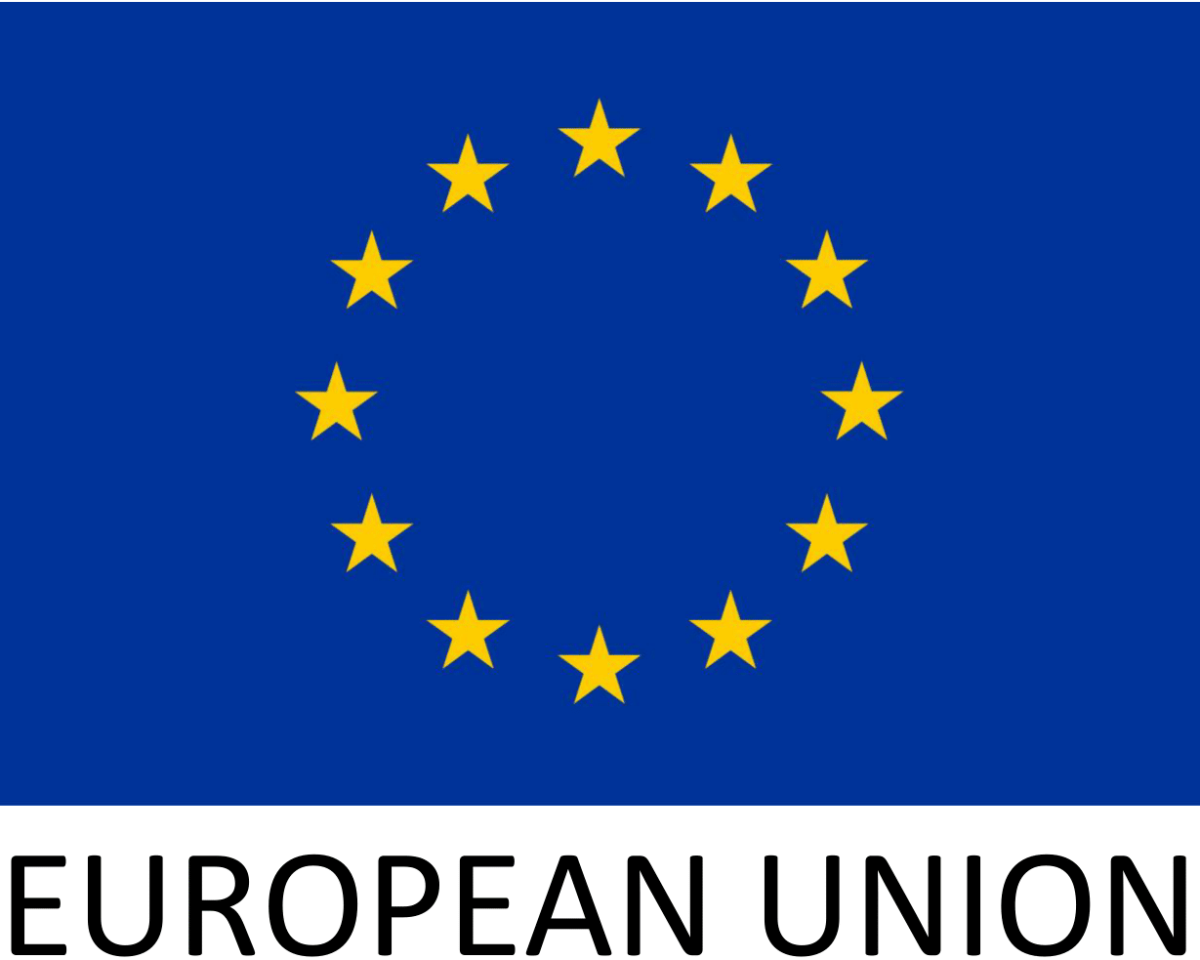The SMART team has issued a document on the current level of Sustainable Production and Consumption in Myanmar’s garment industry. The document provides information on the various target groups of the project and their measures taken on SCP so far. It takes a deeper look at the current situation regarding different impact levels of SCP. The document is part of the project’s intensive research on the situation on the ground and provides the project entry points for its activities and further needed research. Overall Myanmar’s garment industry still lacks awareness towards the principles of SCP and social responsibility. SMART Myanmar will actively support the garment sector to become greener, more responsible and thus more competitive on international markets.
- Related article
UNEP's definition of Sustainable Consumption and Production (SCP)
Source: http://www.rona.unep.org/about_unep_rona/scp/
From climate change to economic crises, the world is not short of challenges. To help alleviate some of the challenges we face, the global community needs to adopt more sustainable consumption and production patterns. This will help reduce the use of natural resources and carbon dioxide emissions as we move closer towards low carbon lifestyles and green economies.
SCP aims to do “more and better with less,” by reducing resource use, degradation and pollution along the life cycle of goods and services, while increasing the quality of life for all.
SCP is about promoting resource and energy efficiency and sustainable infrastructure while offering opportunities such as creating new markets and generating green and decent jobs, such as markets for organic food, fair trade, sustainable housing, renewable energy, sustainable transport and tourism. SCP is especially beneficial for developing countries as it provides an opportunity for them to “leapfrog” to more resource-efficient, environmentally sound and competitive technologies, allowing them to bypass inefficient and polluting phases of development.
One of SCP’s main goals is to ‘decouple’ economic growth and environmental degradation by increasing the efficiency of resource use in the production, distribution and use of products. SCP aims to keep the energy, material and pollution intensity of all production and consumption functions within the carrying capacities of natural ecosystems.
SCP uses a “life-cycle perspective” as a means of increasing the sustainable management of resources and achieving resource efficiency in all stages of the value chain. SCP paves the way to accelerating the transition to an eco-efficient economy, while turning environmental and social challenges into business and employment opportunities.










